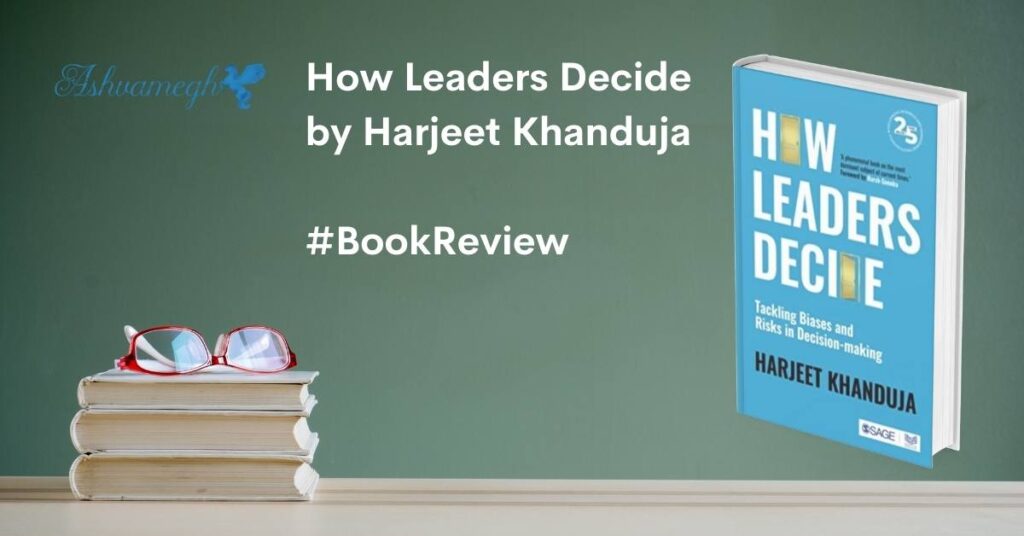Book Review: Darkness Conquers by Pralhad Kulkarni
Book: Darkness Conquers
Author: Dr. Pralhad Kulkarni
Reviewer: Alok Mishra
 While fables have been in trend for so long, as ancient as Aesop, there has been a dearth of quality fables in Indian literature in English. I remember reading a poem by Vikram Seth that told the helplessness of a nightingale and the tyranny of frogs. I liked that fable, but it was limited, in a sense (I welcome the criticisms). The height that Animal Farm has ascribed to the fable-fiction perhaps limits itself to that particular work by George Orwell! Correct me if I am wrong. I have just finished a book that I received from Dr. Pralhad Kulkarni, thanks to my ‘sometimes a friend’ Hitaishi Grover. The book “Darkness Conquers” is a fable-fiction that features the participations from different Animals. However, the author has displayed so much respect for the anthropological hierarchy by placing the monkeys as the leaders and future government runners. I found genuine merits of a sharp satire in the book! It displays that how a good person cannot mark a constructive presence in politics despite all his/her good will and determination.
While fables have been in trend for so long, as ancient as Aesop, there has been a dearth of quality fables in Indian literature in English. I remember reading a poem by Vikram Seth that told the helplessness of a nightingale and the tyranny of frogs. I liked that fable, but it was limited, in a sense (I welcome the criticisms). The height that Animal Farm has ascribed to the fable-fiction perhaps limits itself to that particular work by George Orwell! Correct me if I am wrong. I have just finished a book that I received from Dr. Pralhad Kulkarni, thanks to my ‘sometimes a friend’ Hitaishi Grover. The book “Darkness Conquers” is a fable-fiction that features the participations from different Animals. However, the author has displayed so much respect for the anthropological hierarchy by placing the monkeys as the leaders and future government runners. I found genuine merits of a sharp satire in the book! It displays that how a good person cannot mark a constructive presence in politics despite all his/her good will and determination.
The story of Lala, his land Markatstan and the nation Loharo Wanaro Des is all about (implicit, if not entirely explicit) India and Indian population. The animals in this land do all sort of political agitation for their freedom. Bandhs, morchas, andolans and even violence are the part of their freedom struggle. The narrative presents a contrast amid two animals as well. Lala and Babhan are kept in a direct contrast. Lala loves silent protests and non-violent ways of acquiring freedom; Babhan loves animated protests and even murders in the name of freedom. This also connects with the freedom movement of India that saw two different groups – garam dal and naram dal.
The novel is short and you can finish it in two or three reads. Attached with a gave importance, the book presents a concern that ‘if there is politics, there will be problems; there will be opposition party; there will be elections again and again and there will be the dirty game of decoying the people on the ground level!” The novel has distinct qualities and it presents different aspects of the freedom struggle.
The names used in the book might not be comfortable for the foreign readers. However, I support this step by Dr. Kulkarni. We have finally seen some indianization of the mainstream English fiction. Names like Athak, Gbur, Pkan, Raman, Dku and many more are typical Indian names with symbolic meanings. It, moreover, relates with the ancient India as well.
To sum up, however being unsatisfied that what Lala sees at last, I liked reading the book and especially the way in which Lala is able to persuade the agitating opposition party towards the ending of the book. The short fiction is a simple read and likable narrative that even kids can enjoy reading.


